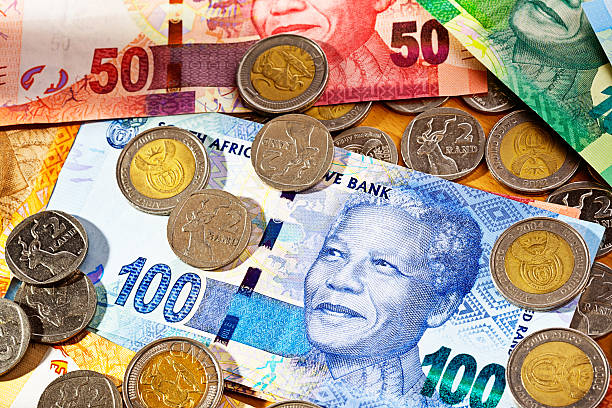How the South African Forex committee will change the industry in Africa

As retail Forex trading continues to grow in Africa, South Africa is already taking steps to improve transparency in the industry. On the 13th of March this year, the South African Reserve Bank (SARB) formed the South African Foreign Exchange Committee (SAFXC). Officials appointed to the SAFXC would then in turn represent the committee in the Global Foreign Exchange Committee (GFXC). The move to form a South African Forex committee has shown that the country is willing to embrace the Forex trading industry, which has been growing rapidly in the region.

About Forex trading in South Africa
In Africa, some of the best financial services can be found with South African Forex brokers, thanks to the massive financial growth of the country, although other countries like Nigeria have also been growing quickly. In particular, Forex trading in South Africa has been growing quite rapidly as can be attested by the number of Forex brokers headquartered there. At last count, there were at least five Forex brokers who had already acquired a license from the Financial Services Board (FSB), which is the country’s financial regulator. Some of them even had offices in the country.
Moreover, many more brokers were soliciting South African residents to sign up with them, even though they did not have a license. In the recent past, there has been a conscious move to sign up more clients from South Africa. This can be seen by the frequent holding of public forums and conferences on Forex trading. Therefore, the government saw it fit to protect their citizens rather than attempt to restrict it, which is where the South African Forex committee comes in.
What is the role of the South African Forex committee?
The move to create the South African Forex committee, SAFXC, was not completely unprecedented. Last year in May, the Global Foreign Exchange Committee (GFXC) was created to help make the FX markets more transparent. As you know, the industry is decentralized, making it vulnerable to unscrupulous individuals and companies that commit Forex fraud. To protect participants, the GFXC would bring together both central banks and those in the private sector. They would then attempt to improve trading standards in order to protect everyone that was involved in the markets. The measures agreed upon are stated in the FX Global Code, simply known as the Code.

To further enhance its reach, the GFXC would liaise with local Foreign Exchange Committees (FXC), such as the recently formed South African Forex committee. South Africa itself is a member of the GFXC, and the South African Forex committee would ensure that all participants in the Forex market follow the Code. That is why the SARB published a Statement of Commitment to the Global Code after the launch of the SAFXC. As of the 1st of September this year, the SARB will only allow those FX market participants who have also publicly endorsed the Global Code to participate.
Among the key officials in the SAFXC include representatives from the FSB, SARB and other professionals in the industry. Together, they hope to grow the FX industry even further in South Africa as it also becomes more transparent.


























Comments (0 comment(s))